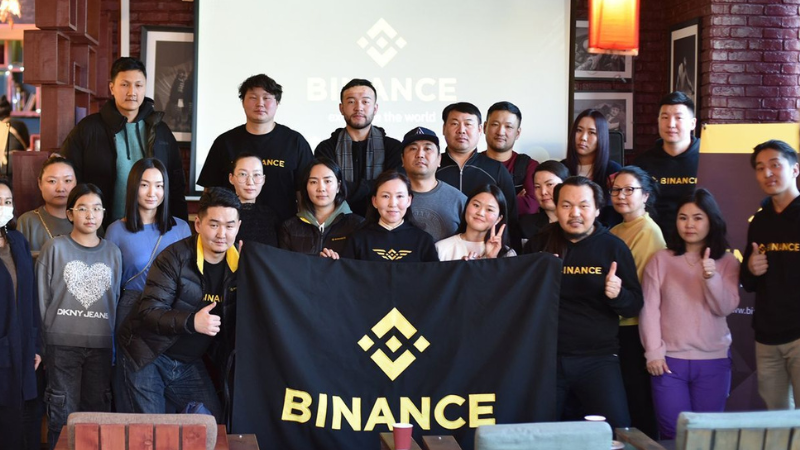Avtandil Kasradze, Chairman of the Georgian Agency for Innovation and Technology (GITA), said Binance, the world's largest crypto exchange, and GITA have signed a memorandum of understanding (MoU) and will launch educational and community initiatives in Georgia.
Last November, Changpeng Zhao (CZ), Binance's Canadian CEO and founder, met with Georgia Prime Minister Irakli Garibashvili to discuss the potential to expand blockchain and crypto education in the country, Binance said in a blog post. That discussion served as the foundation for the new MoU between Binance and the GITA, which will bring blockchain and crypto education programs, as well as charity initiatives, to Georgia. Binance Academy and Binance Charity will organize the initiatives.
"It is important to highlight that within the framework of this cooperation, Binance will ensure the implementation of its own educational and charity programs in Georgia," Kasradze said. "It will also conduct workshops and hackathons related to blockchain technologies in TechParks, which will facilitate the formation of new start-up ideas and the implementation of commercialization-oriented projects."
“For a long time, we have seen a huge interest in the cryptocurrency market and in particular, crypto education in Georgia. I want to separately emphasize that Georgia is one of the most innovation-driven countries in the region,” Binance's Regional Director Vladimir Smerkis said. "Our goals are in line with The Georgian Agency for Innovation and Technology’s goals — together, we can create an effective system in Georgia, whereby innovation and technology can be developed.”
In January, Binance launched a separate education initiative in Georgia through a memorandum of cooperation (MoC) with the Georgia Business and Technology University (BTU), the goal of which is to provide blockchain education to BTU students, according to the blog post.
Binance has active educational partnerships in multiple countries around the world, including Ukraine, France, Greece, Australia, Germany, and numerous countries in Africa.
Blockchain technology and cryptocurrency can be beneficial to developing countries, because anyone with internet access can open a crypto wallet and trade tokens for profit with others around the world or hold tokens as investments, according to Coin Telegraph. Low-income individuals can face more barriers with traditional financial institutions, even with basic financial services such as taking out loans or opening savings accounts. Crypto networks also typically have much lower transfer fees than traditional platforms such as Western Union. Blockchain-powered solutions have benefitted other industries as well. In the health care sector, solutions like CareAI have enabled people from low-income communities to get better access to health care.

